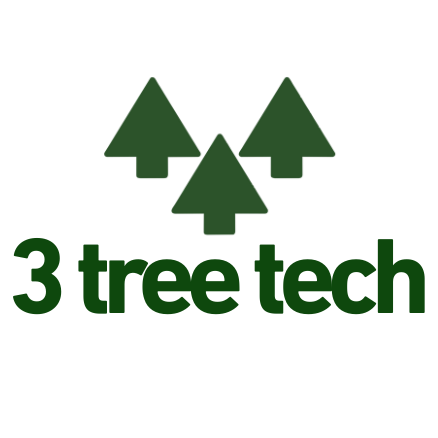Surviving the speed of change: AI, Trust and Customer Experience
At the Portland Summit, 3 Tree Tech hosted a tribal council with leaders tackling one of today’s biggest challenges: how to keep up with the speed of change.
The panel featured Tim Schocke, Product Manager at Lowe’s, Stacy Sherman, Founder of Doing CX Right, and Eric Skeens, Co-founder and CSO of 3 Tree Tech.
The conversation explored how trust acts as the glue between IT and business, why eliminating friction across digital and in-store experiences is essential, and how AI is reshaping contact centers, feedback, and training. The speakers also made it clear that human empathy remains irreplaceable, even in an AI-driven world. Learn how top leaders are combining AI, trust, and human connection to survive digital transformation and deliver customer experiences that last.
The Tribal Council: Surviving the Speed of Change
In true Survivor fashion, the question was not who has the best tools. It was who can outwit, outplay, and outlast the speed of disruption.
Outwit: Building Trust as Strategy
Tim Schoke emphasized that survival in IT is not just about systems. It is about trust. As the single point of contact between business and technology, he sees trust as the glue that keeps both sides working together.
His secret weapon is listening. Schoke invests four to six hours each week reviewing real customer calls to hear friction firsthand. It keeps him grounded in reality and ahead of the next blindside.
Outplay: Eliminating Friction Before It Eliminates You
Stacy Sherman reminded the council that silos are often the hidden immunity idol that kills customer loyalty. When a customer cannot return an online order in-store or bails on a confusing website, they do not care about your internal walls. They only see one brand.
Her approach is simple: walk the customer journey yourself. If it is hard for you, it is game over for them.
Outlast: Using AI as a Survival Tool
Both Schoke and Sherman agreed that AI can be the torch that lights the way or the fire that burns you.
For Schoke, AI provides scale by analyzing patterns across thousands of calls and chats in ways humans never could.
For Sherman, AI makes fragmented feedback useful by pulling surveys, chats, reviews, and social sentiment into actionable priorities.
In training, AI simulations allow agents to rehearse with “customers” who are angry, calm, or confused. That practice builds confidence and psychological safety. Both are vital for survival.
When Only Humans Can Keep the Torch Lit
Not everything should be automated. Sherman’s story about Schindler Elevator drove that home. Imagine being trapped in an elevator and pressing the emergency button. The last thing you want to hear is a bot saying “sorry about your luck.” You need a human voice with empathy. AI can provide real-time data, but it cannot replace reassurance.
Schoke added that the goal is to offload complexity and threat detection onto AI so people can focus on what only they can do: deliver trust, empathy, and human connection.
Final Tribal Words
As moderator Eric Skeens put it, “Technology may scale efficiency, but people scale trust.”
In the end, survival is not about who has the flashiest tools. It is about balance. The organizations that outwit change with trust, outplay friction with empathy, and outlast disruption with the right mix of AI and humanity will keep their torch burning long after others get snuffed out.
Eric Skeens is the co-founder of 3 Tree Tech in Portland. He is a platform-agnostic tech researcher that transitions siloed organizations into automated DevOps centric businesses. Message him right here.


